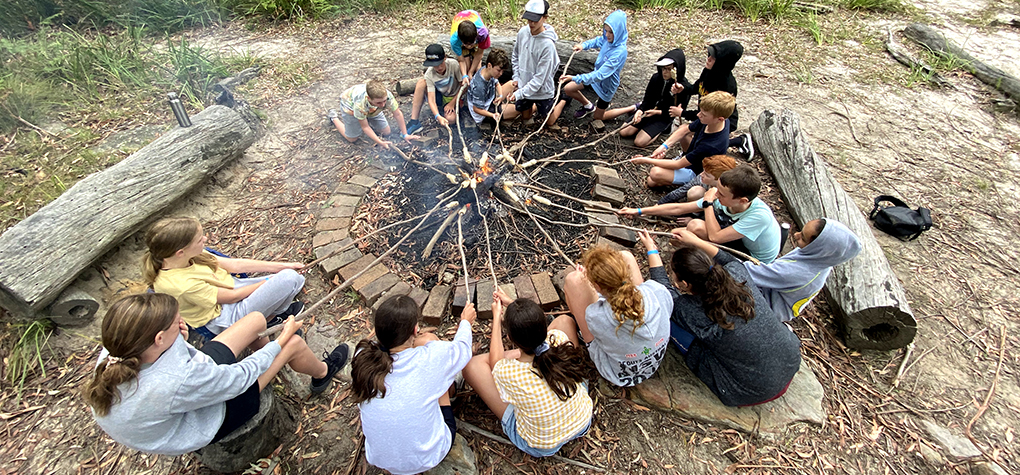TERM 1 – WEEK 2
From the Principal
Welcome back to Inaburra in 2021! It has been exciting to see students return with an enthusiasm for learning and a desire to serve one another in the classroom and in the playground. Together, I hope we can continue to encourage our students to be generous, compassionate, gracious and humble learners who seek to build their capacity to learn and look for ways to support other students in their learning as well.
Over the long weekend I had the opportunity to read John Marsden’s book The Art of Growing Up. It is a strange book in many ways, full of anecdotes relating to conversations with parents interspersed with Marsden’s views on parenting and child rearing. At times, Marsden blames parents for every evil in society: crime, violence, domestic violence, even world domination. From Marsden’s perspective, parents get it wrong more often than they get it right – they either do too little for their children or they do too much. While he condemns both extremes, it is over-protective parents who are really in his sights. Marsden argues that we are taking away opportunities for challenge that lead to growth and development.
Marsden is an advocate for the outdoors education programs set up at schools such as Gordonstoun in Scotland and the Timbertop program at Geelong Grammar where young men and women (although both schools were boys’ schools initially) are encouraged to engage in physical activities designed to stretch them. Prince Phillip attended Gordonstoun and his experience there led to him establishing the Duke of Edinburgh program. Yet the portrayal of Prince Charles’ experience at Gordonstoun as described in The Crown (Season 2, Episode 9) is far less positive, suggesting that the spartan living arrangements, the harsh climate and the brutal treatment Charles received may have had negative psychological ramifications for the heir to the throne of England.
The producers of The Crown, I would suggest, are far more in step with the current zeitgeist. In my lifetime I have seen a major shift in attitudes and practices. When I was ten years old, our school camp was ten days in duration with one night sleeping out in a tent. When half of the year returned from camp ill from exhaustion, and less than half chose to go on camp the following year, my school decided that was the last time they would run these camps. By way of comparison, our Year 7 students have just returned from a three-day camp. To my knowledge, they had a great time and most would have stayed for longer if they had the option!
No doubt there are parents who will be thinking that kids today are soft compared to what they had to go through. It is worth asking the question of whether what we went through was actually as beneficial for all as we like to think it was. Times have changed, and I think the fundamental issue that we are far more conscious of today is the recognition of diversity and difference that have challenged traditional perceptions of homogeneity.
We recognise, for example, that different experiences can be boring for some students, challenging for others and paralysing for others. All students should be encouraged to engage in what they find challenging – the problem is that this level of challenge will vary from child to child, and this is just as true inside the classroom as it is outside the classroom. To provide appropriate challenging activities for students, we will need to find out much more about our students than we have done in the past where we tended to make assumptions about all ten-year old boys, or all students from different ethnic backgrounds, or all students of a certain gender. We will need to be prepared to make this effort to know them, to love them, so that they might flourish and grow. We need to use this understanding to ensure that each student’s participation requires them to be in that zone just beyond what they are comfortable with. And as we plan camps, learning activities and extra-curricular programs, if we are to engage a diverse range of students, the activities that we plan need to provide varying levels of challenge that will engage all students in every classroom and year group.
Dr James Pietsch
Principal

